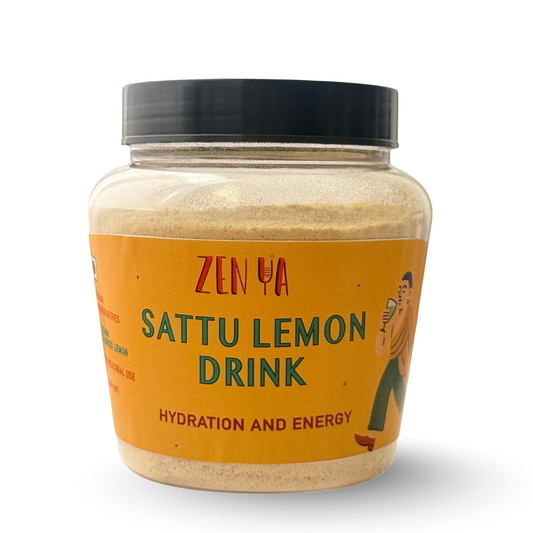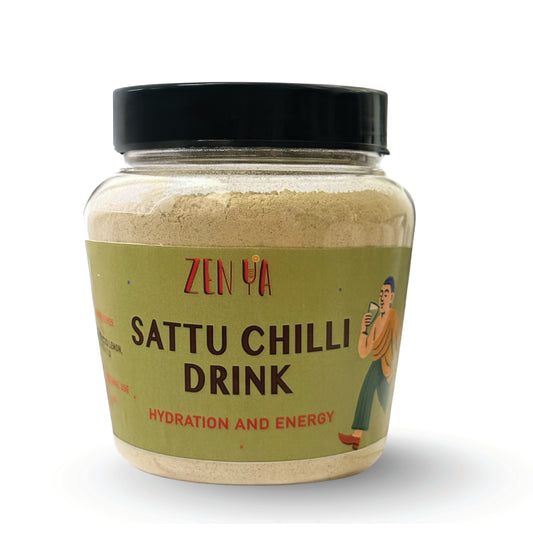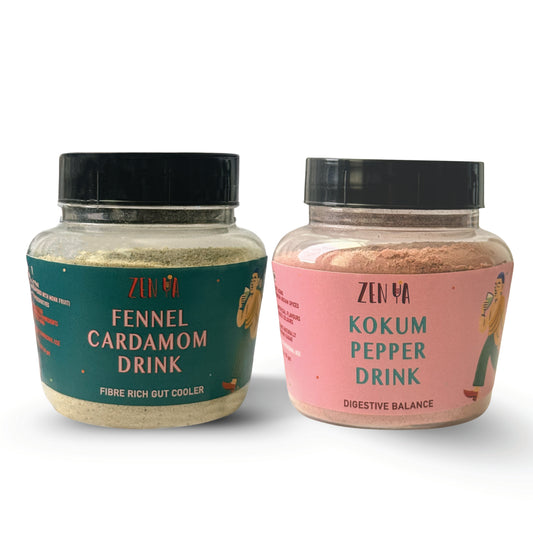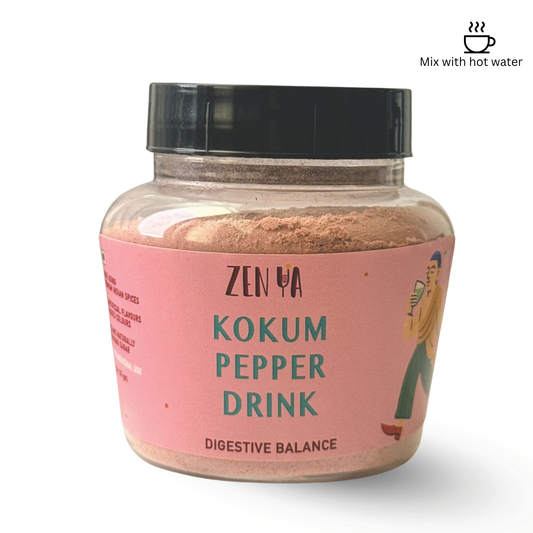
Electrolytes: Everyday Essential or Just a Post-Workout Thing?
Share
If you’ve ever downed a sports drink after a sweaty run or reached for coconut water on a hot day, you’ve heard the pitch: “Replenish your electrolytes!”
But what are electrolytes, really?
And unless you’re training for a marathon, do you actually need them on a daily basis?
Let’s break it down — no hype, just hydration facts.
💧 What Are Electrolytes?
Electrolytes are minerals that carry an electric charge and help your body perform essential functions like:
- Balancing fluids
- Contracting muscles
- Sending nerve signals
- Regulating blood pressure
- Supporting pH balance
The main electrolytes your body needs:
- Sodium
- Potassium
- Magnesium
- Calcium
- Chloride
- Phosphate
- Bicarbonate
⚡ How Do We Lose Electrolytes?
Electrolytes leave your body mainly through:
- Sweat (especially sodium and chloride)
- Urine
- Vomiting or diarrhoea
- Intense exercise or extreme heat
That’s why we associate electrolytes with sports drinks and dehydration remedies. But electrolyte loss can also happen quietly — even if you’re not doing HIIT or hot yoga.
❓ Do You Need Electrolytes Every Day?
Short answer: Yes — but not necessarily from a sports drink.
Your body uses electrolytes daily to stay balanced, even during normal activities. If you live in a hot, humid climate (hello, India in summer 🌞), work outdoors, or sweat a lot naturally, you could be losing more electrolytes than you think — even without working out.
🔄 Hydration ≠ Just Water
Here’s where most hydration advice falls short:
Drinking plain water isn’t always enough.
Too much water without electrolytes can dilute sodium levels in your blood, leading to something called hyponatremia — especially during prolonged sweating.
That’s why electrolyte-rich fluids can actually hydrate better than plain water in some situations.
🧃 When You Might Need an Electrolyte Boost (Even Without Exercising)
🥵 During hot weather or heat waves
🧳 While traveling or flying (especially long-haul flights)
🥗 On low-carb or keto diets (which flush out sodium)
🧍 When feeling fatigued, lightheaded, or low-energy
💩 After vomiting, food poisoning, or digestive issues
🧘 During fasting or intermittent fasting
☀️ If you sweat heavily even without intense physical activity
You don’t have to be an athlete to need electrolytes — you just need to be human + hot + a little depleted.
🥤 Should You Reach for a Sports Drink?
Not necessarily.
Most store-bought sports drinks:
- Are loaded with sugar
- Contain artificial colours & flavours
- Have high sodium, but low potassium or magnesium
- Are designed for high-intensity athletes, not regular daily use
They often give electrolytes a bad name — making people think all electrolyte drinks are just sugar bombs in disguise.
🌿 Natural Ways to Get Electrolytes
There are plenty of everyday, cleaner ways to replenish electrolytes:
| Mineral | Natural Sources |
| Sodium | Black salt, rock salt, pickles |
| Potassium | Coconut water, banana, lemon juice, spinach |
| Magnesium | Pumpkin seeds, almonds, dark chocolate |
| Calcium | Sesame seeds, ragi, dairy |
| Choride | Salt, seaweed, tomatoes |
🧠 Truth or Trend
🚫 Trend: Electrolytes are only for athletes
🧃 Truth: Your body uses electrolytes daily — especially in warm climates or dehydrating conditions
✅ Pro tip: You do need them, but you don’t need to guzzle neon-coloured drinks to get them
📌 FAQ: What People Ask About Electrolytes
❓ Can you have too many electrolytes?
Yes. Over-supplementing can lead to imbalances — especially sodium or potassium. It’s best to get them from food or balanced hydration blends.
❓ Are electrolyte tablets or powders safe?
Generally, yes — but check the label. Avoid ones with artificial colors, synthetic sweeteners, or mega-doses unless directed by a doctor.
❓ Do electrolytes help with fatigue?
They can! Mild electrolyte imbalances can cause tiredness, muscle cramps, or brain fog — especially in hot weather or when fasting.
❓ What’s the best time to take electrolytes?
First thing in the morning (especially in summer), after sweating, or any time you feel low-energy or dehydrated.
Final Word
Electrolytes aren’t just for athletes — they’re for anyone with a heartbeat and a sweat gland.
So whether you’re chasing PBs or just trying to get through a summer day without wilting, a simple, balanced electrolyte boost can make a big difference.
Your hydration needs are unique — so listen to your body, not just a fitness ad.
Looking for sustained energy without the crash? This guide breaks it down -> The Ultimate Guide to Real Sustained Energy




